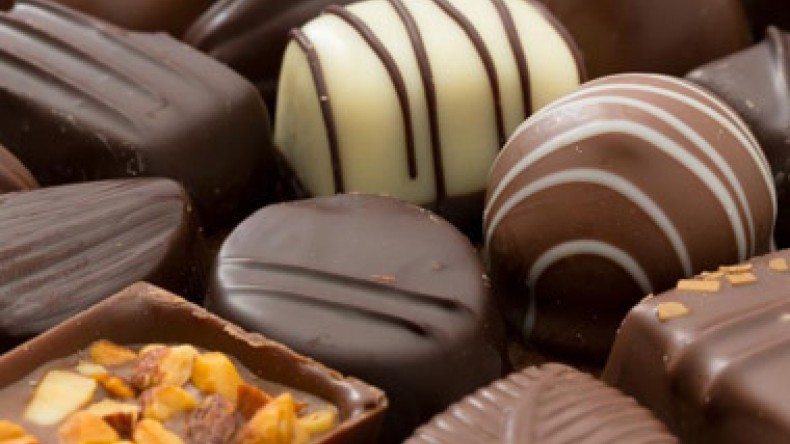
Stress eating does not make food taste as good as you may think it does
If stressful situations cause you to overindulge, you’re not alone. Stress has been long observed as a major component in compulsive behavior and often drives people to drink, gamble, and eat in excessive amounts. Although you may feel like you're getting extra enjoyment from these activities during times of stress, a recent study suggests otherwise. Researchers at the University of Geneva found that while stress increases our desire for a reward, it doesn’t actually cause us to enjoy the reward any more than when we aren’t under stress, Medical Daily reports.
In order to arrive at this conclusion, researchers in Geneva developed a human version of the Pavlovian-instrumental transfer test. This test is used in animals to measure their levels of stress, desire, and pleasure. To adapt the test to humans, the Geneva research team first asked college-age student participants to share their individual interest in chocolate. They then split the students into two groups: one group was told to keep one hand in ice-cold water for an extended period of time—this was meant to create a stressful situation. The control, or unstressed, group was asked to keep their hand in lukewarm water.
According to a press release, following the water submersion, the students were asked to press a handgrip for a chance to smell chocolate and then explain how pleasant they found the chocolate odor. Results showed that the stressed students exerted three-times as much energy to get a chance to smell the chocolate. However, there was no difference in the level of enjoyment reported by the two groups of students.
“Most of us have experienced stress that increases our craving for rewarding experiences, such as eating a tasty bar of chocolate, and it can make us invest considerable effort in obtaining the object of our desire, such as running to a convenience store in the middle of the night,” lead author Eva Pool explained in the press release. “But while stress increases our desire to indulge in rewards, it does not necessarily increase the enjoyment we experience.”
These results suggest that, while stress has a significant influence on the desiring functions of our brain, it has little effect on the pleasure components. This study bolsters previous research that has shown that neural networks that control wanting and liking in the brains of mice work independently.
“Although the findings with rodents provide a novel explanation for the stress-induced increase of reward pursuits, to the best of our knowledge, they have never been demonstrated in humans,” wrote the researchers in their study.
The researchers plan to further explore the effects of stress on human desire but, for now, you can use their initial findings as further proof why you really shouldn’t have that third slice of German chocolate cake to help you make it through finals week: you're not going to like it as much as you think.
Newsfeed
Videos






























